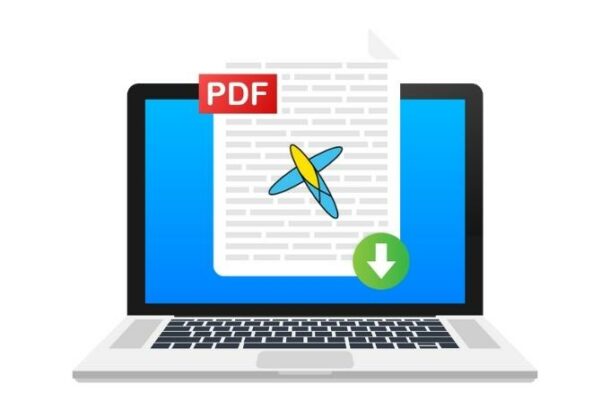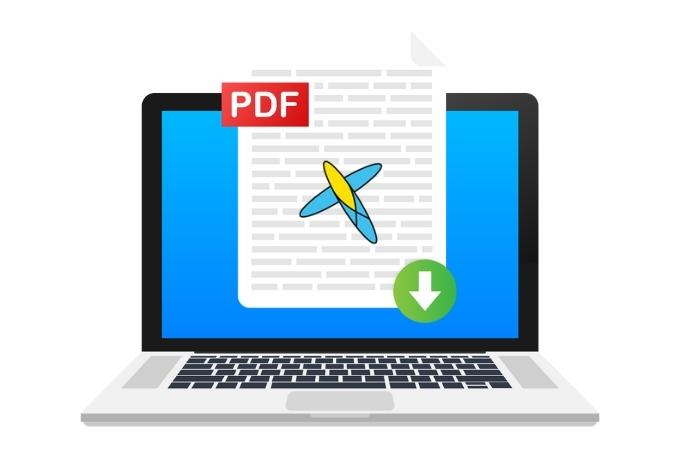
Leadership traits are the personal qualities which help a person to shape himself or herself into an effective leader. The traits help you to work efficiently in different fields. For example, leaders in IT must deal with the rate of industrial change and different complexities like the cybersecurity threats, interaction of modern legacy systems and applications and compliance issues. Leaders help the employees to complete initiatives and meet business goals be it in business or government or education. Factors influencing Leadership traits are:
- Leader
- Subordinates or followers
- Situation
- Other possible factors
Some Leadership Traits are:
A leader should be strong, responsible, respected and should have a solid base. Leaders should be trustworthy, genuine and honest. They should be kind towards their subordinates and should have ethical conduct.
Demonstrating respect for others requires developing and refining:
Empathy. When a leader treats everyone in the organisation with consideration, shows genuine concern for others, listens with understanding and is respectful even if nothing is to be gained from the relationship, it helps the leader earn trust. Empathetic leaders create strong bonds and are seen as less political.
Emotional Mastery. For those in positions of formal power, the most important aspect of emotional mastery may be controlling anger. Outbursts of anger have no spot in the workplace, and can quickly destroy a sense of organisational equity and partnership. A person with this quality says what he or she thinks, but never berates others, and stays calm even in crises. Anxiety is not allowed to interfere with a public speaking or with other things that the leader needs to do. A leader with this quality thinks before reacting and can consciously choose an appropriate response.
Lack of Blame. People who don’t blame others are not defensive; they can reflect honestly on their behaviour and are willing to admit mistakes. When things go wrong, they don’t spend time assigning blame; they spend time fixing the problem. An individual, who demonstrates this core quality, admits fault when appropriate, and does not look for a scapegoat in a crisis.
Humility. Humility is a lack of pomposity and arrogance. It is the recognition that all people are fallible, that we are all combinations of strengths and weaknesses. Individuals who demonstrate humility, as someone has said, “don’t think less of themselves; they just think more of others.” Arrogance derails more leaders than any other factor. A person with the attribute of humility listens to others with an open mind; doesn’t brag or name drop; sees and admits their limitations and failings, and is not afraid to be vulnerable.
Responsibility, at the other end of the integrity base, is the acceptance of full responsibility for personal success and the success of the project, team and organisation. To become responsible requires development and refinement of the following:
Accountability. Leaders who are truly accountable expand their view of organisational responsibility and do what they can to get done what needs to get done, no matter where in the organisation they have to go. They NEVER say, “It’s not my job”. They also hold themselves accountable for making relationships work – they don’t say, “Well, I’ll go halfway if they will”. They take 100% responsibility for making any relationship work. An individual with this feature takes the initiative to get things done; is not afraid to hold others accountable; is willing to cross-departmental boundaries to help with a meaningful project, and takes personal responsibility for organisational success.
Self-Confidence. Self-confident folks feel that they are the equal of others, even when those others are in positions of much greater formal power. They also recognize the value of building the self-confidence of others and are not threatened by doing so. Self-confidence in everyone builds a sense of partnership and helps the organisation get maximum effort and ideas from everyone. A self-confident person has a self-assured bearing; is flexible and willing to change; easily gives others credit, and isn’t afraid, to tell the truth.
Courage. Courageous persons are assertive and willing to take risks. They ask forgiveness rather than permission and are willing to try even though they might fail. They are willing to risk conflict to have their ideas heard, balancing that with the respect that makes constructive conflict possible. These individuals often champion new or unpopular ideas. Further, they will talk to others, not about others, when there is a problem; accept feedback and hear what others say, as well as take the ball and run with it, even when there are obstacles. Focus on the whole. People who focus on the whole thing in terms of the good for the entire organisation, not in terms of what’s good for them or their team. Good leadership refers not only to compete but to ethics and transforming people as well. A leader is responsible for influencing followers to act, complete a task, or behave in a specific manner. Effective leaders influence process, stimulate change in attitudes and values of followers, enhance followers’ beliefs in their worth, and foster the leader’s vision by utilizing strategies of empowerment. Ethical leadership requires ethical leaders. If leaders are ethical, they can ensure that ethical practices are carried out throughout an organisation. Ethical leadership is leadership that is involved in leading in a manner that respects the rights and dignity of others. As leaders are by nature in a position of power, ethical leadership focuses on how leaders use their power in the decisions they make, actions they engage in, and ways they influence others. Ethical leaders demonstrate a level of integrity that is important for stimulating a sense of leader trustworthiness, which is important for followers to accept the vision of the leader. These are critical and direct components of leading ethically. The character and integrity of the leader provide the basis for personal characteristics that direct a leader’s ethical beliefs, values, and decisions. Individual values and beliefs impact the ethical decisions of a leader. Ethical leaders are people-oriented, aware of how their decisions impact others and use their power to serve the greater good instead of self-serving interests. In ethical leadership, the leader needs to consider how decisions impact others. Motivating followers to put the needs or interests of the group ahead of their own is another quality of ethical leaders. Motivating involves engaging others in an intellectual and emotional commitment between leaders and followers that make both parties equally responsible for the pursuit of a common goal. Ethical leaders assist followers in gaining a sense of personal competence that allows them to be self-sufficient by encouraging and empowering them.
Many leaders are competent, but few qualify as remarkable. If you want to join the ranks of the best of the best, make sure you embody all these qualities all the time. It isn’t easy, but the rewards can be truly phenomenal.
Awareness There is a difference between management and employees, bosses and workers. Leaders understand the nature of this difference and accept it; it informs their image, their actions, and their communication. They conduct themselves in a way that sets them apart from their employees–not in a manner that suggests they are better than others, but in a way that permits them to retain an objective perspective on everything that’s going on in their organisation.
Decisiveness All leaders must make tough decisions. It goes with the job. They understand that in certain situations, difficult and timely decisions must be made in the best interests of the entire organisation, decisions that require a firmness, authority, and finality that will not please everyone. Extraordinary leaders don’t hesitate in such situations. They also know when not to act unilaterally but instead foster collaborative decision making.
Empathy Extraordinary leaders praise in public and address problems in private, with genuine concern. The best leaders guide employees through challenges, always on the lookout for solutions to foster the long-term success of the organisation. Rather than making things personal when they encounter problems or assigning blame to individuals, leaders look for constructive solutions and focus on moving forward.
Accountability Extraordinary leaders take responsibility for everyone’s performance, including their own. They follow up on all outstanding issues, check in on employees, and monitor the effectiveness of company policies and procedures. When things are going well, they praise. When problems arise, they identify them quickly, seek solutions, and get things back on track.
Confidence Not only are the best leaders confident, but their confidence is contagious. Employees are naturally drawn to them, seek their advice, and feel more confident as a result. When challenged, they don’t give in too easily, because they know their ideas, opinions, and strategies are well-informed and the result of much hard work. But when proven wrong, they take responsibility and quickly act to improve the situations within their authority.
Optimism The very best leaders are a source of positive energy. They communicate easily. They are intrinsically helpful and genuinely concerned about other people’s welfare. They always seem to have a solution, and always know what to say to inspire and reassure. They avoid personal criticism and pessimistic thinking and look for ways to gain consensus and get people to work together efficiently and effectively as a team.
Honesty Strong leaders treat people the way they want to be treated. They are extremely ethical and believe that honesty, effort, and reliability form the foundation of success. They embody these values so overtly that no employee doubts their integrity for a minute. They share information openly and avoid spin control.
Focus Extraordinary leaders plan, and they are supremely organized. They think through multiple scenarios and the possible impacts of their decisions while considering viable alternatives and making plans and strategies–all targeted toward success. Once prepared, they establish strategies, processes, and routines so that high performance is tangible, easily defined, and monitored. They communicate their plans to key players and have contingency plans if last-minute changes require a new direction (which they often do).
Put it all together, and what emerges is a picture of the truly inspiring leader: someone who communicates, concisely, and often, and by doing so motivates everyone to give his or her best all the time. They challenge their people by setting high but attainable standards and expectations and then giving them the support, tools, training, and latitude to pursue those goals and become the best employees they can be.


